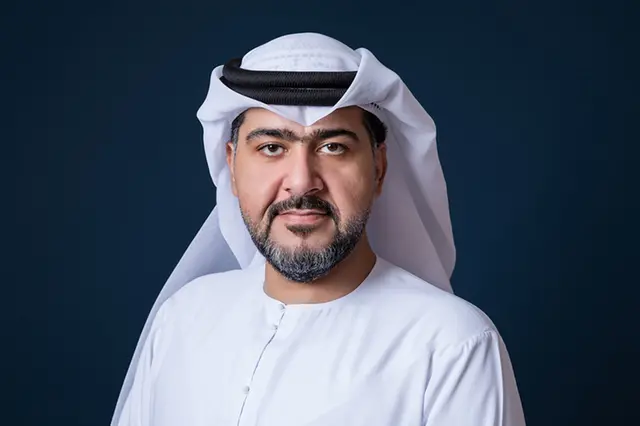EWEC (Emirates Water and Electricity Company) has invited developers and developer consortiums to submit an Expression of Interest (EOI) for the development of an independent greenfield 400-megawatt Battery Energy Storage System (BESS) power project.
The project will closely follow the model of the Emirate of Abu Dhabi’s independent power project programme, where developers enter into a long-term agreement with EWEC as the sole procurer.
It will involve the development, financing, construction, operation, maintenance, and ownership of the BESS system and associated infrastructure.
Following a review of the EOIs, EWEC will issue the Request for Qualifications (RFQ) to parties interested in proceeding to the next stage. The RFQ will provide additional details regarding the project, pre-qualification criteria and the bidding process.
Speaking about the project, Othman Al Ali, Chief Executive Officer of EWEC, said: “This project is a key part of our strategy to achieve the Abu Dhabi Department of Energy’s Clean Energy Strategic Target 2035 and supports the UAE’s wider sustainability and decarbonisation objectives. Importantly, it also actively enhances the reliability of the nation’s energy infrastructure.”
Adding: “Compared to traditional grid storage solutions, BESS offers unmatched advantages, including increased flexibility, scalability, cost-effectiveness, and improved efficiency. EWEC continues to see BESS as a critical investment to manage system operability when large amounts of renewables are synchronised to the power system. We look forward to receiving EOI submissions from developers and developer consortiums to partner with us in accelerating the UAE’s energy transition.”
EWEC shared that it will deploy BESS to provide additional flexibility to the system and ancillary services such as frequency response and voltage regulation.
This technology is set to play a key role in EWEC’s strategic plan to diversify its portfolio of energy projects with a focus on sustainability and increase its total solar photovoltaic (PV) power generation capacity to 7.5 gigawatts (GW) by 2030.
Through these projects, EWEC aims to reduce its average carbon dioxide intensity from power generation by approximately 42 per cent, from 330 kilogrammes per megawatt hour (kg/MWh) in 2019 to an estimated 190kg/MWh by 2030.




